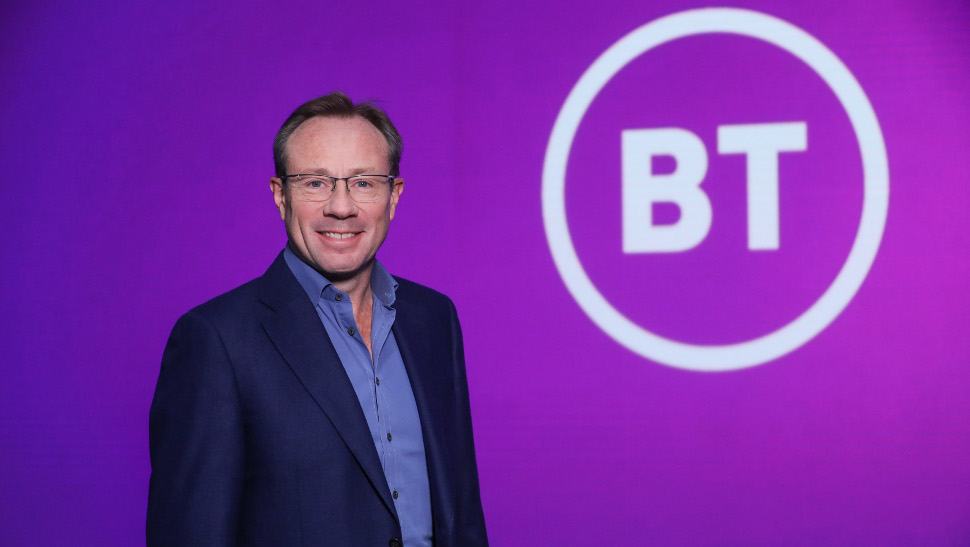CWU rejects BT pay offer and will ballot on strike
BT said pay offer was best for 20 years

Sign up for breaking news, reviews, opinion, top tech deals, and more.
You are now subscribed
Your newsletter sign-up was successful
The Communications Workers Union (CWU) has rejected what BT has described as the highest pay rise to frontline workers in more than two decades and will ballot its members on industrial action.
BT had offered a £1,500 pay increase for staff at BT, Openreach, Plusnet, and EE, stating that this was an 8% increase for some employees and a rise of 3% for even the best-paid frontline workers.
In any case, it argued, this was still higher than the typical increases being offered by other employers.
BT strike
It said the increase reflected the work done to keep the country connected during the pandemic, which had also exacerbated declines in revenue.
“We took the decision not to use redundancy and the government’s furlough scheme as a direct consequence of the pandemic, and thanks to the contribution of all 100,000 BT people, we’ve continued to improve customer ratings and invest in growing our full-fibre and mobile networks,” said BT CEO Philip Jansen.
“While we have continued to extend and strengthen our networks to support the country’s recovery, the pandemic has hit our financial performance, like that of most companies. We know that the cost of living continues to rise and by making this award, we’re ensuring that our lower paid workers will benefit most and as soon as possible. I’m pleased that we’ve been able to make this pay award – the biggest in 20 years - to thank our colleagues and recognise their hard work.”
However, the CWU said it would not accept the offer: “The CWU has rejected the pay offer from BT. We have no choice now but to immediately prepare for a statutory industrial action ballot. We will be sending further communications to members via email and social media.”
Sign up to the TechRadar Pro newsletter to get all the top news, opinion, features and guidance your business needs to succeed!
The CWU had threatened industrial action last year, but a strike was averted after BT promised 60,000 staff a £1,500 bonus to recognise their work during the pandemic and to adopt a new set of “principles” in its modernisation programme. These principles say the company will ensure any staff will be treated fairly and that the number of compulsory redundancies will be as low as possible.
- If you're in the market for a new broadband provider then it's time to look at the best broadband deals on the market
Steve McCaskill is TechRadar Pro's resident mobile industry expert, covering all aspects of the UK and global news, from operators to service providers and everything in between. He is a former editor of Silicon UK and journalist with over a decade's experience in the technology industry, writing about technology, in particular, telecoms, mobile and sports tech, sports, video games and media.